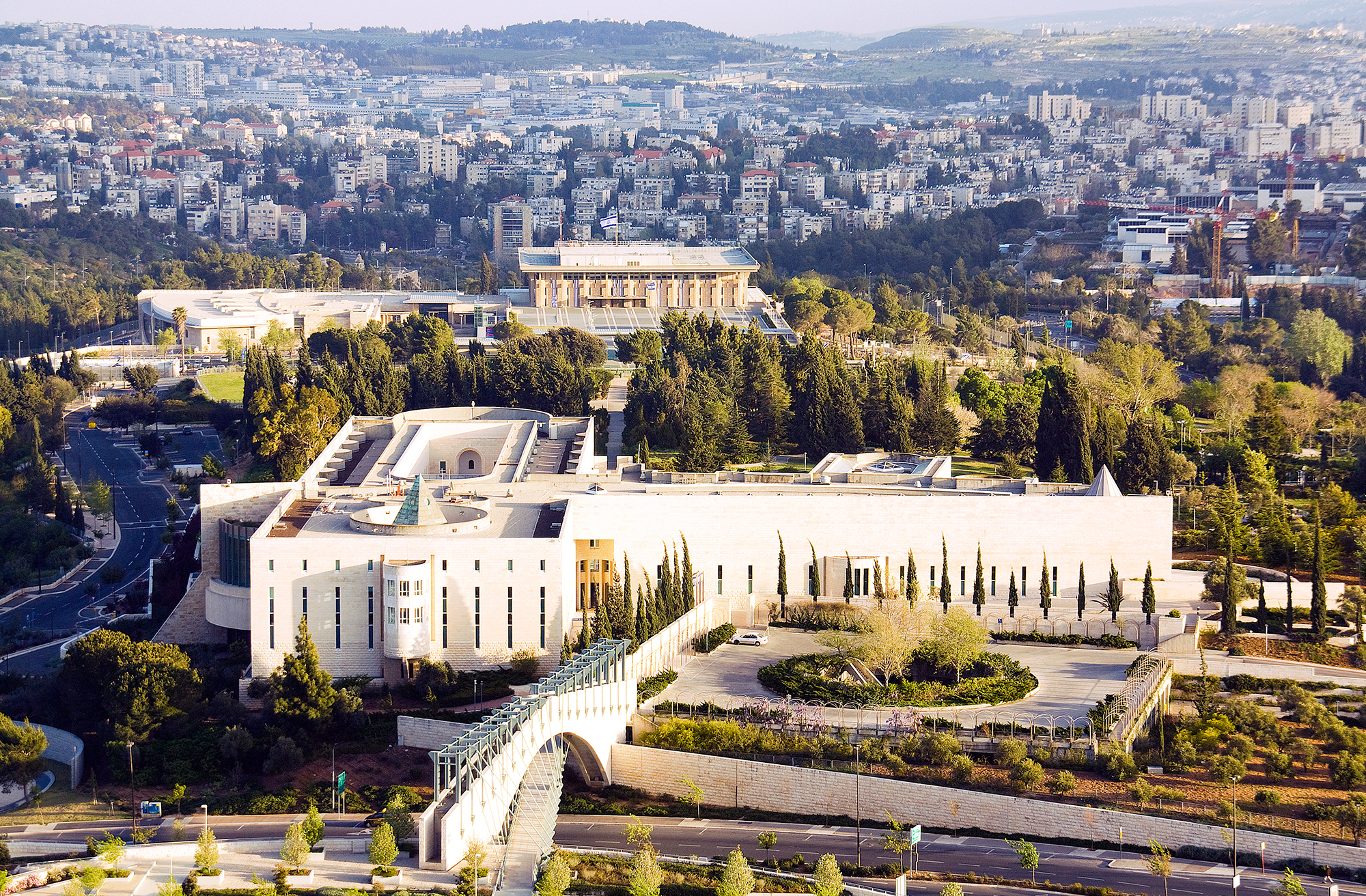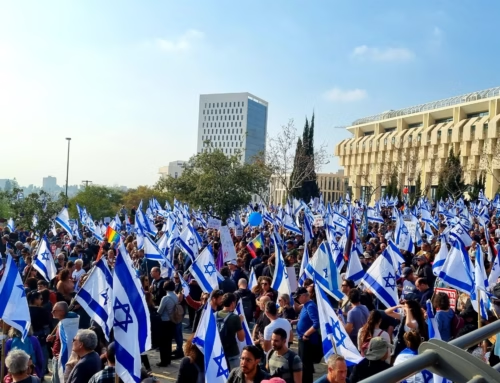How Israel’s legal system works
Israel’s legal system is unique in the Middle East – because it is independent of political power.
The Supreme Court decides whether or not elections to the Knesset are legal and pronounces judgments on whether political decisions regarding state authorities are legal.

The Supreme Court in Jerusalem determines whether elections to the Knesset are legal and makes judgments about the legality of political decisions about government agencies.
Photo: Israel tourism
Israel’s legal system is a separate and independent entity within Israel’s Ministry of Justice and is headed by the President of the Supreme Court and the country’s Minister of Justice.
The Supreme Court, located in Jerusalem, hears appeals from decisions made by all other civil and military courts, such as the district courts, labor and military courts. The Supreme Court also determines whether elections to the Knesset are legal and pronounces judgments on the legality of political decisions made about state authorities. This is unique in the world. Political proposals to change this have recently caused major upheavals in Israel.
The District Courts are intermediate level courts and have the powers to judge in all cases not falling under the responsibility of another court. In criminal cases, the accused must face a sentence of at least seven years in prison to be tried by one of the six district courts, one in each district of Israel.
Most cases are heard by a single judge, although the court president may choose to appoint a three-judge panel. If the accused is charged with a crime punishable by at least ten years imprisonment and an appeal is made against a decision in a lower court, the case is heard by three judges.
Committee appoints judges
Magistrate courts are the country’s basic trail courts in criminal and civil cases and function as traffic courts, municipal courts, and family courts. Sentences are released seven days after trials and cases are heard by a single judge unless the president of the court decides on a three-judge panel. There are 30 administrative courts in Israel.
Judges in the Supreme Court, as well as at district and administrative court levels, are appointed by a committee, which consists of:
– Four politicians: Minister of Justice, a member of the government and two Knesset members (one from the coalition and one from the opposition)
– Five jurists: two members from the Israel Bar Association, the President of the Supreme Court and two other judges at the Supreme Court.
The committee is chaired by the Minister of Justice. For the district and administrative courts, a majority is sufficient to appoint judges, but for the election of judges to the Supreme Court, a minimum of seven votes (or two less than the number present at the meeting) is required.
Bills that give the politicians a majority in this committee are one of the reasons for the recent demonstrations in Israel.
Regional labor courts
There are also five regional labor courts in Israel, as well as a central labor court that hears appeals from the regional labor courts. Here, three judges, of which one is professional and two are lay judges, usually preside. Appeals are heard by three professional judges and two lay judges.
Military courts are governed by the Israel Defense Forces (IDF) through a legal system that is separate from the civilian legal system. The system is overseen by the military attorney general. The decisions can be appealed to Israel’s highest military court. Some decisions can also be appealed to the Supreme Court, but then special permission from the Supreme Court is required, which is only given when a substantial legal issue is to be decided.
Military courts have a panel of three judges: one professional, and two lay judges. Trials in the Military Court of Appeal are also presided over by three judges, at least two of whom have a legal background.



